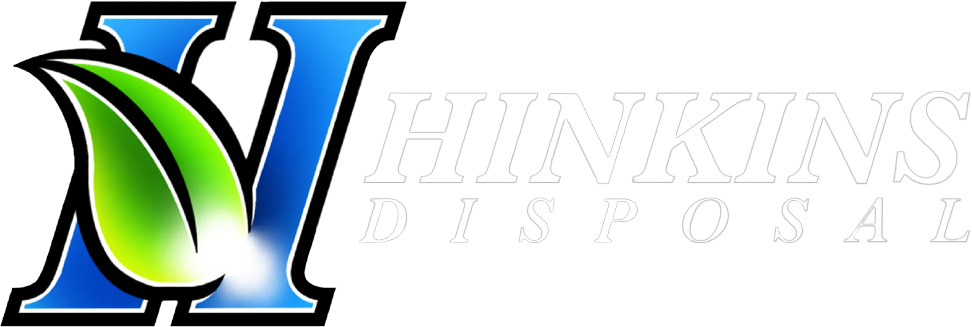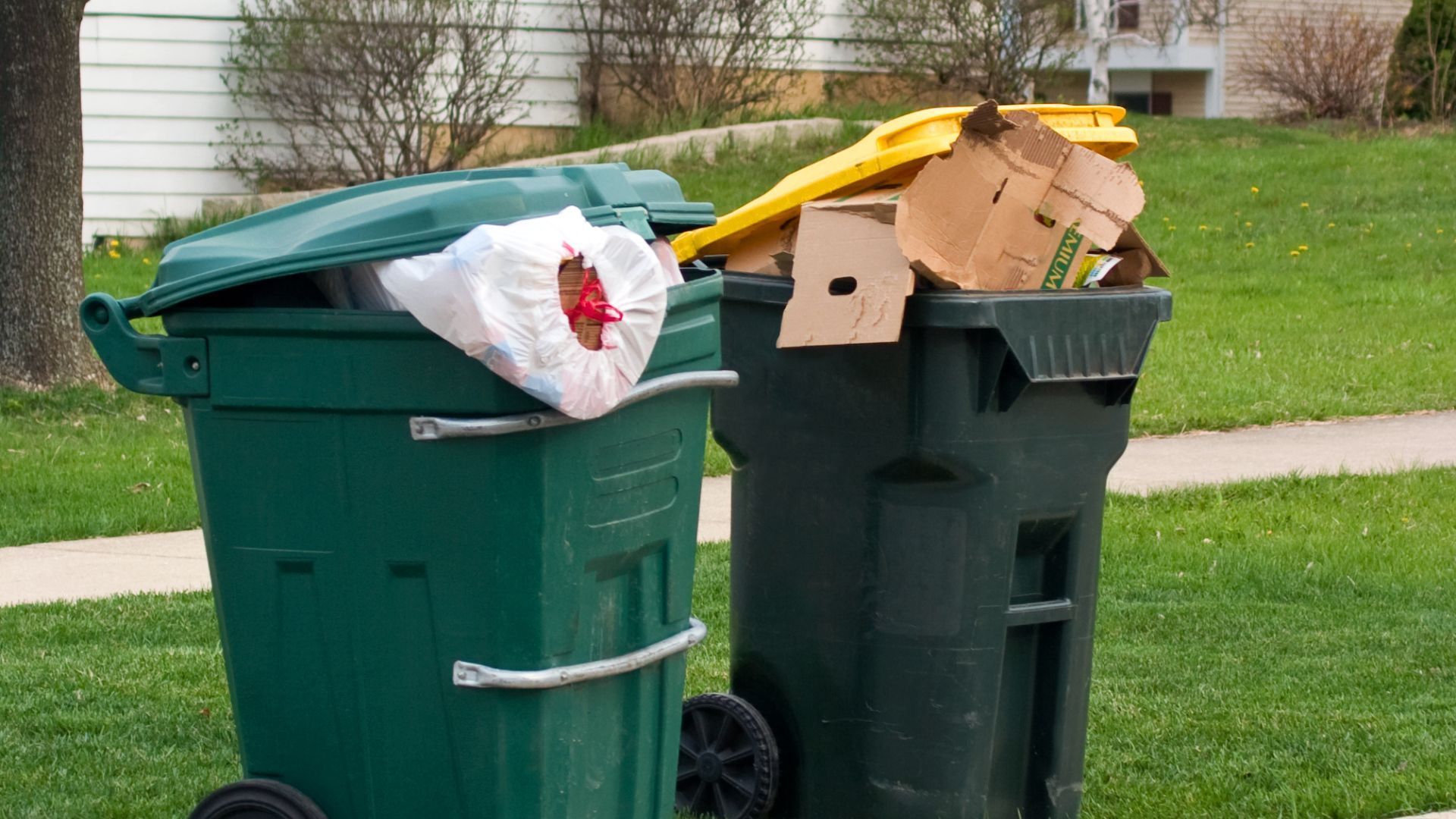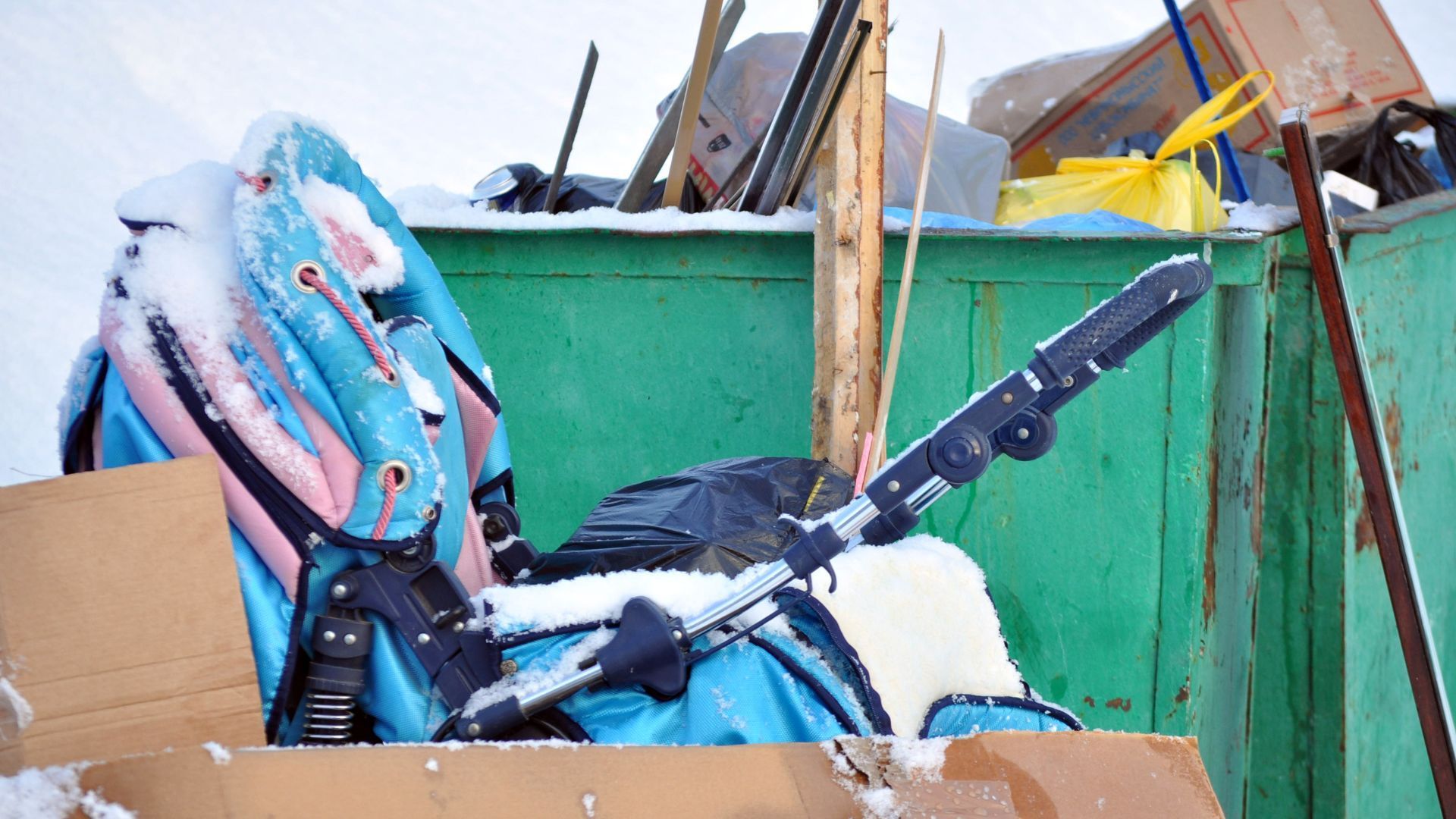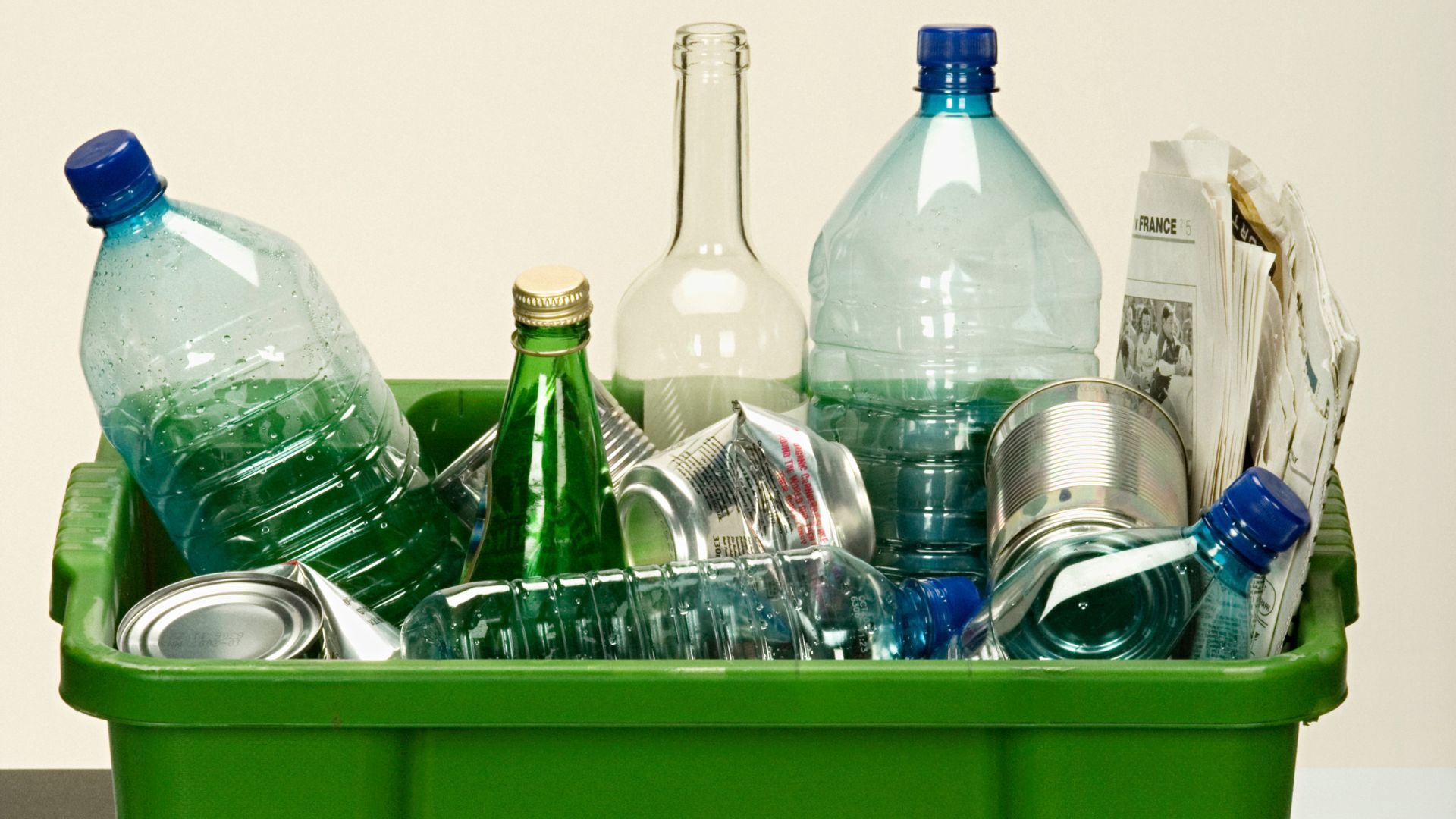What Junk Removal Augusta Does After Picking Up Junk
Junk doesn’t disappear—it transforms. Long after it leaves a driveway or office space, its journey continues, often in ways few consider. In Augusta, the world of junk removal doesn’t end at the curb or the back of a truck. That’s just the start of something far more intricate. There’s a behind-the-scenes dance of decisions, logistics, and strategy that unfolds the moment clutter gets hauled away. What happens next isn’t just important—it’s essential to responsible waste management and environmental sustainability.
Junk removal isn’t merely a service that tidies up homes and businesses. It’s part of a broader system designed to reduce environmental impact, support local infrastructure, and repurpose usable items. The process goes deeper than most realize. In Augusta, this process is carefully tuned to reflect both the city’s character and its commitment to smarter waste solutions. What follows is an exploration of what really happens after junk gets picked up—and why it matters more than you might think.
Recovering the Usable: Giving Junk a Second Life
One person’s discarded dresser could be another’s restoration project. Not all junk is destined for destruction. Once sorted, many items are evaluated for reusability. Solid furniture, functional electronics, and gently worn household goods are separated for potential reuse. The goal is to minimize waste while maximizing value—environmental and otherwise.
Augusta’s community-based mindset encourages a second chance philosophy. That old chair? Maybe it ends up with a family in need. That unneeded appliance? It might be rewired, repaired, and rehomed. It’s more than recycling—it’s reimagining the lifespan of objects. This stage involves creativity, compassion, and resourcefulness, as teams look for the hidden worth within the trash.
Dismantling and Breaking Down Materials
Certain junk items aren’t salvageable in one piece, but that doesn’t mean they’re useless. Dismantling becomes the next stage. Large items—desks, sofas, shelving units—are taken apart. Metal pieces are separated from wood, plastics stripped from electronics. This phase is equal parts demolition and extraction.
The dismantling process opens doors to recycling streams that wouldn’t be possible with whole items. A couch becomes a mix of materials: wood frame, upholstery, springs, and foam. Each part follows a different route. By taking the time to dismantle rather than dump, teams significantly reduce the volume of waste entering landfills. It’s tedious work, but it carves a path toward more efficient waste handling.
Channeling Recyclables into the Right Streams
Once materials are sorted and stripped down, they’re funneled into specialized recycling channels. Cardboard finds its way to paper recyclers, metals to smelters, and e-waste to certified electronics processors. This isn’t a one-size-fits-all system—it’s tailored and strategic. Different facilities handle different materials, and getting items to the right place requires coordination.
Recycling isn't just about tossing a can in a blue bin. For junk removal teams, it’s about knowing the local ecosystem of recycling partners. Every diverted pound of waste has a ripple effect: conserving resources, reducing emissions, and lowering the pressure on local landfills. In Augusta, this stage is handled with intent—balancing environmental impact with operational efficiency.
Handling Hazardous Materials with Precision
Some junk comes with risks. Chemicals, batteries, paint cans, and old electronics can't simply be tossed into a dumpster. These items require special handling due to their potential environmental and health hazards. The moment they’re identified, they’re quarantined from the rest of the load.
Specialized protocols kick in, designed to ensure these materials don’t leach into soil or water systems. In Augusta, local guidelines dictate how hazardous waste is processed. Junk removal professionals are trained to recognize, isolate, and deliver such waste to certified disposal sites. The goal here isn’t just safety—it’s long-term protection for the community and the environment.
Donation Efforts and Community Redistribution
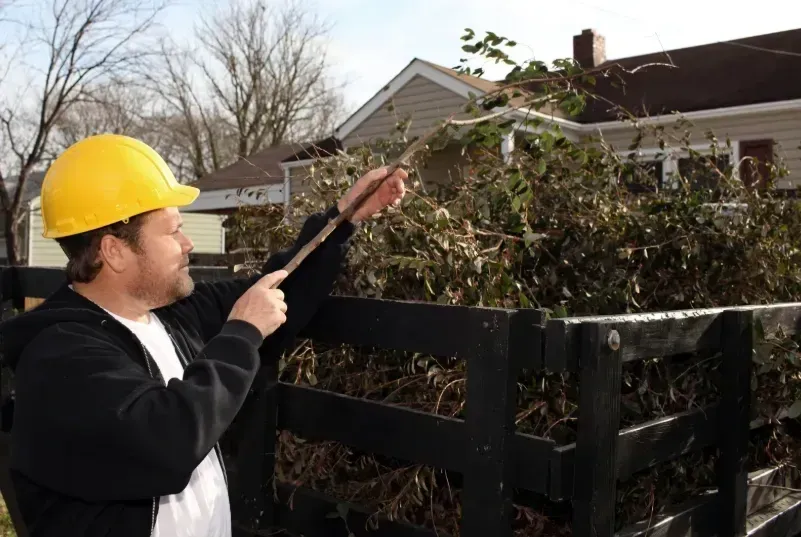
Beyond recycling and dismantling, there’s donation. Some items are too good to break down or discard, even if they’re no longer needed by the original owner. These goods—clothing, working appliances, lightly used toys—can breathe new life into local organizations and families.
Many junk removal crews partner with community shelters, nonprofit resale stores, and charitable programs. These items, once considered clutter, take on a new role: support. Redistribution creates a loop of benefit—less waste in landfills, more value in communities. It also fosters a deeper sense of connection between the junk removal process and the people it ultimately helps.
Reducing the Load on Augusta’s Landfills
The core objective of responsible junk handling is to minimize what ends up buried in the earth. Landfills in Augusta aren’t infinite catch-alls—they’re delicate ecosystems that can only take so much before the consequences spill into the environment. When junk is carefully sorted, stripped of its reusable components, or rerouted to donation centers, it interrupts the cycle of unnecessary disposal. These proactive moves reduce methane emissions, protect groundwater, and prolong the lifespan of landfill space already under pressure.
The act of diversion might feel small, but multiply it across thousands of pickups and the impact becomes undeniable. Reducing the flow of waste into Augusta’s landfills isn’t just about space—it’s about sustainability. Every salvaged sofa or recycled fridge represents a decision not to contribute to the overflow. And in the long game of environmental care, every conscious choice builds a buffer against the waste crisis looming in urban centers across the country.
Disposing of What Truly Can’t Be Saved
There comes a point in the life of certain items when no amount of repurposing or recycling can redeem them. Mold-ridden mattresses, splintered particle board furniture, broken items saturated with contaminants—these must be responsibly disposed of. Junk removal teams don’t take this lightly. Even when an item is destined for disposal, the process is measured and deliberate. From compaction to transportation, the handling is secure and within environmental compliance. Nothing gets tossed carelessly or without full consideration of impact.
This final leg of the journey is approached as a necessity, not a default. The philosophy is simple: only discard when all other avenues have been explored. In Augusta, that principle underscores the ethics behind each removal service. With fewer items reaching this point, the effectiveness of upstream sorting and salvage work is proven. And in a city working to be greener, every piece kept out of the dump is a step toward progress.
Data Tracking and Environmental Reporting
One lesser-known aspect of junk removal is data. Every pickup generates records—what was collected, how much was diverted, where items were taken. Over time, this data paints a picture of environmental impact.
In Augusta, tracking systems help quantify success. Teams analyze trends, measure recycling rates, and identify opportunities for improvement. Reports are used internally and sometimes shared with environmental agencies or community partners. It’s a numbers game with real-world consequences, offering insight into how well the system is working and where it can evolve.
Compliance with Local and Federal Regulations
Waste doesn’t move freely. It travels within a framework of rules, policies, and legal responsibilities. In Augusta, junk removal services operate under clear regulations set by both city ordinances and federal environmental guidelines. These standards are not red tape—they are the backbone of safety and accountability. From how electronics are processed to how hazardous items are stored and transported, each step follows a map laid out by compliance officers and industry best practices.
Staying on top of these regulations requires ongoing education, proper certifications, and regular audits. Trucks need documentation. Facilities must follow zoning and storage laws. Workers undergo training to understand what’s safe, legal, and sustainable. The point of all this structure isn’t bureaucracy—it’s trust. Residents need to know their junk is handled with care, not dumped irresponsibly. And every permit, inspection, and legal protocol reinforces that promise. When the system works, everyone benefits—from neighborhoods to the natural environment.
The Role of Customer Education Post-Service
Junk removal doesn’t end when the truck pulls away—it evolves into something educational. Many homeowners don’t realize the ripple effects of their waste habits until a professional service walks them through the bigger picture. Post-service education provides helpful tips: how to separate recyclables properly, when to schedule cleanouts to avoid buildup, and where to take specialty items in between professional pickups. These little bits of knowledge create meaningful behavioral shifts.
As more customers become informed, Augusta as a whole reaps the benefits. Cleaner streets, less illegal dumping, and more community awareness grow from this grassroots education. The goal isn’t to lecture—it’s to empower. Residents begin to recognize that they are part of the system, not just recipients of a service. With each household that embraces smarter waste practices, the city moves closer to its sustainability goals. Informed clients are allies in the fight against environmental degradation, and that’s a powerful outcome.
Conclusion
Not everything that disappears from your property in a junk truck is headed straight for a landfill. Sometimes, what you’ve discarded is only at the start of a completely new purpose—ready to be dismantled, recycled, donated, or responsibly disposed of. The journey after pickup is where the real story unfolds. It’s not just about clearing space; it’s about honoring materials, supporting the environment, and reinforcing Augusta’s dedication to thoughtful waste management. Every sorted item, every salvaged piece, every eco-conscious choice behind the scenes reflects a bigger mission rooted in care and integrity.
If you're looking for more than a basic haul-away service—something grounded in values, backed by method, and committed to sustainability—turn to the professionals who see beyond the junk. Whether you’re clearing out a home, tackling a renovation, or simply craving a fresh start, trust the team that knows what to do after the junk is gone. For full-service junk removal with purpose and precision, contact Hinkins Disposal in Augusta, GA. Reach them at (706) 885-4032 or by email at Hinkinsdisposal@gmail.com. Their service doesn’t end at pickup—it evolves into something much more meaningful.
